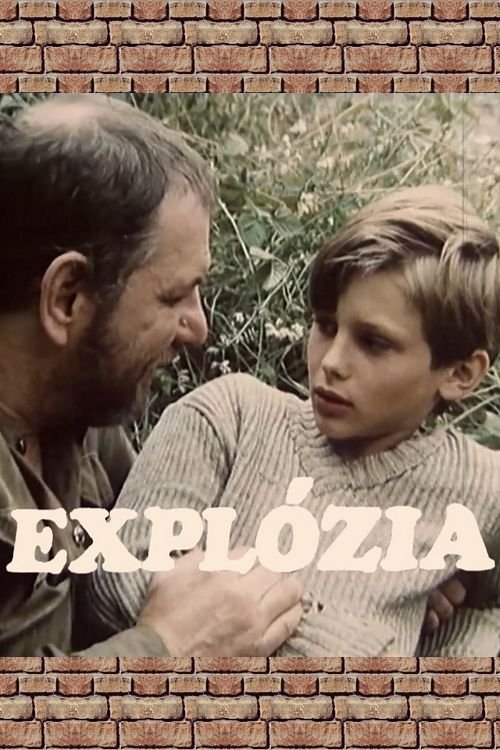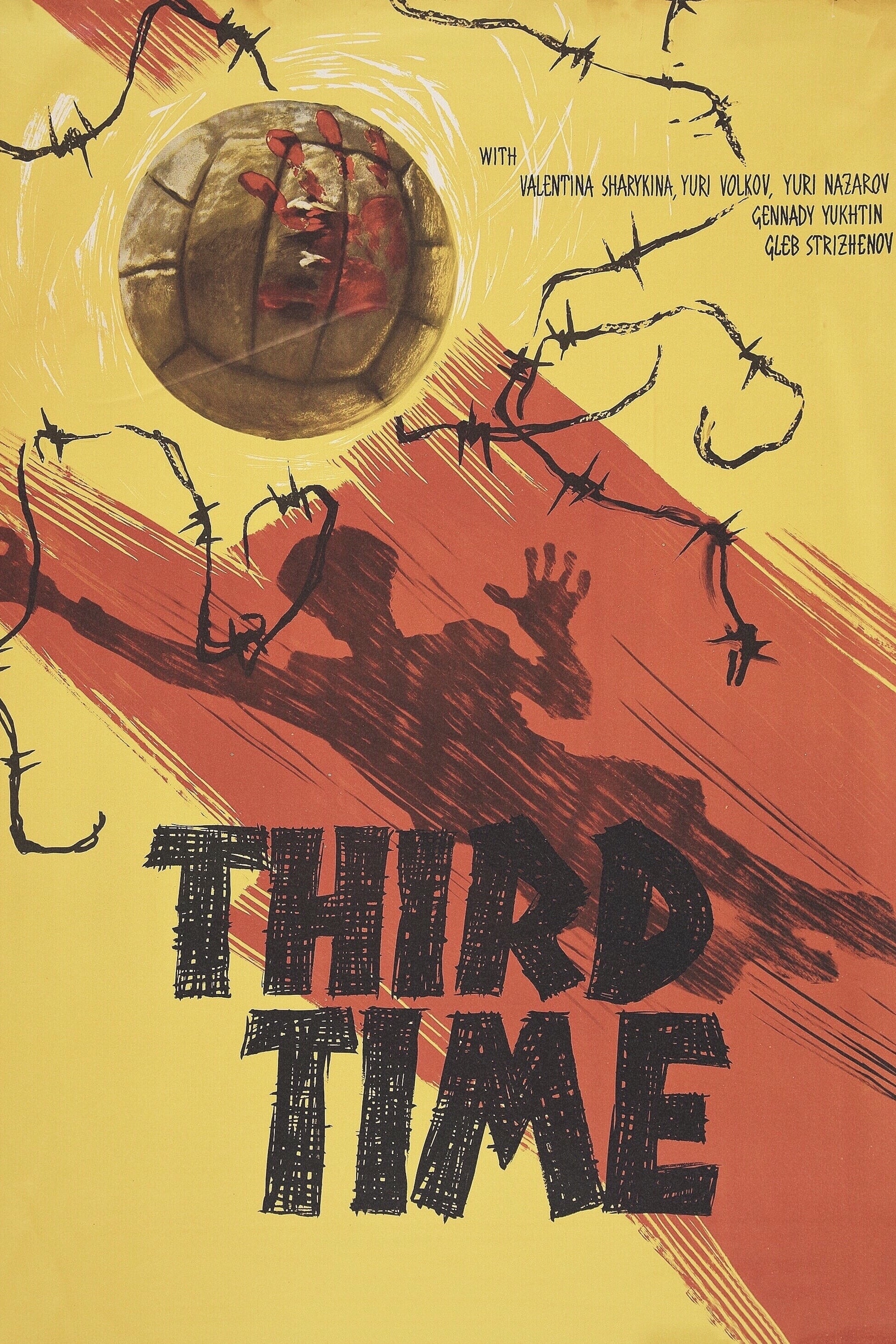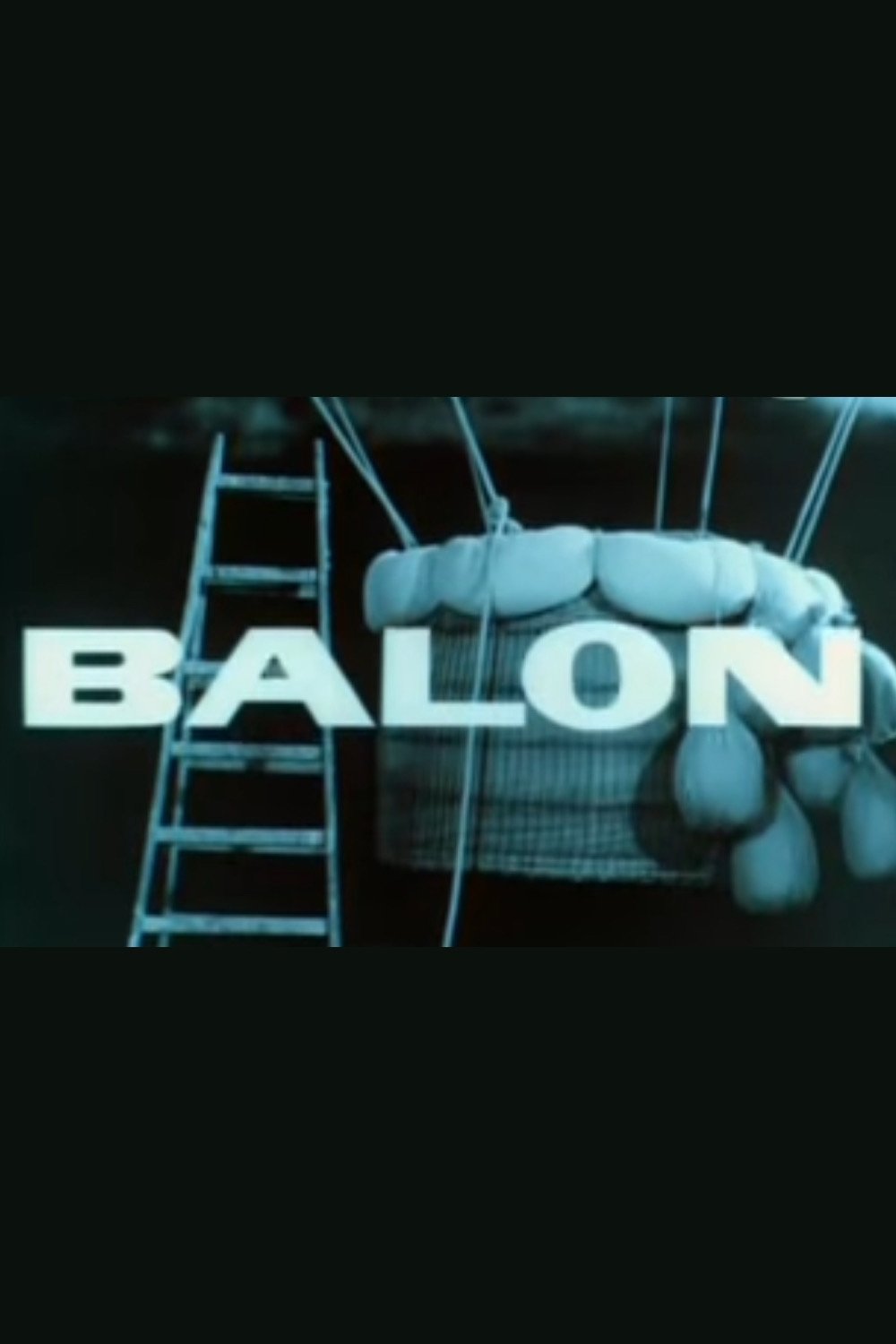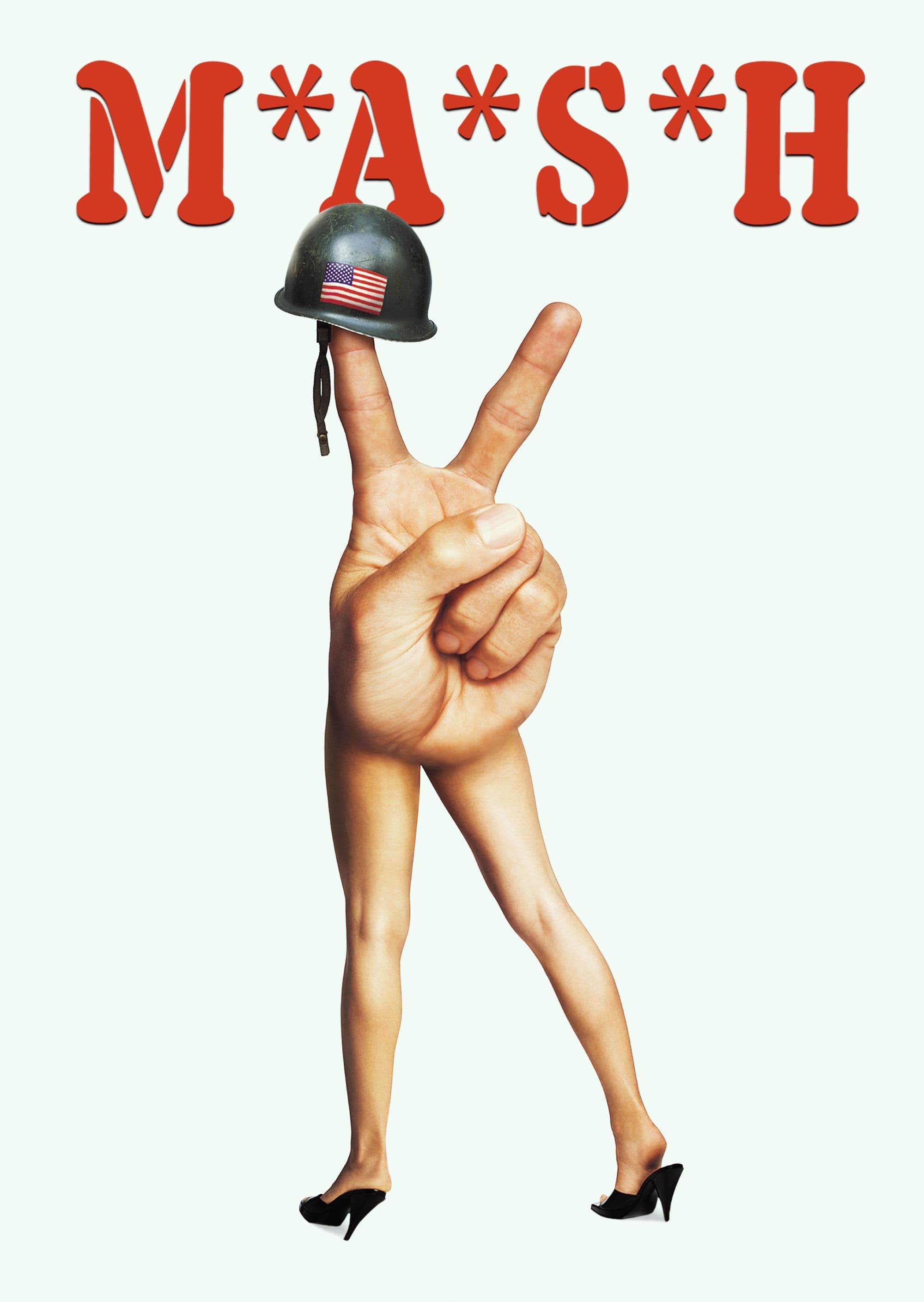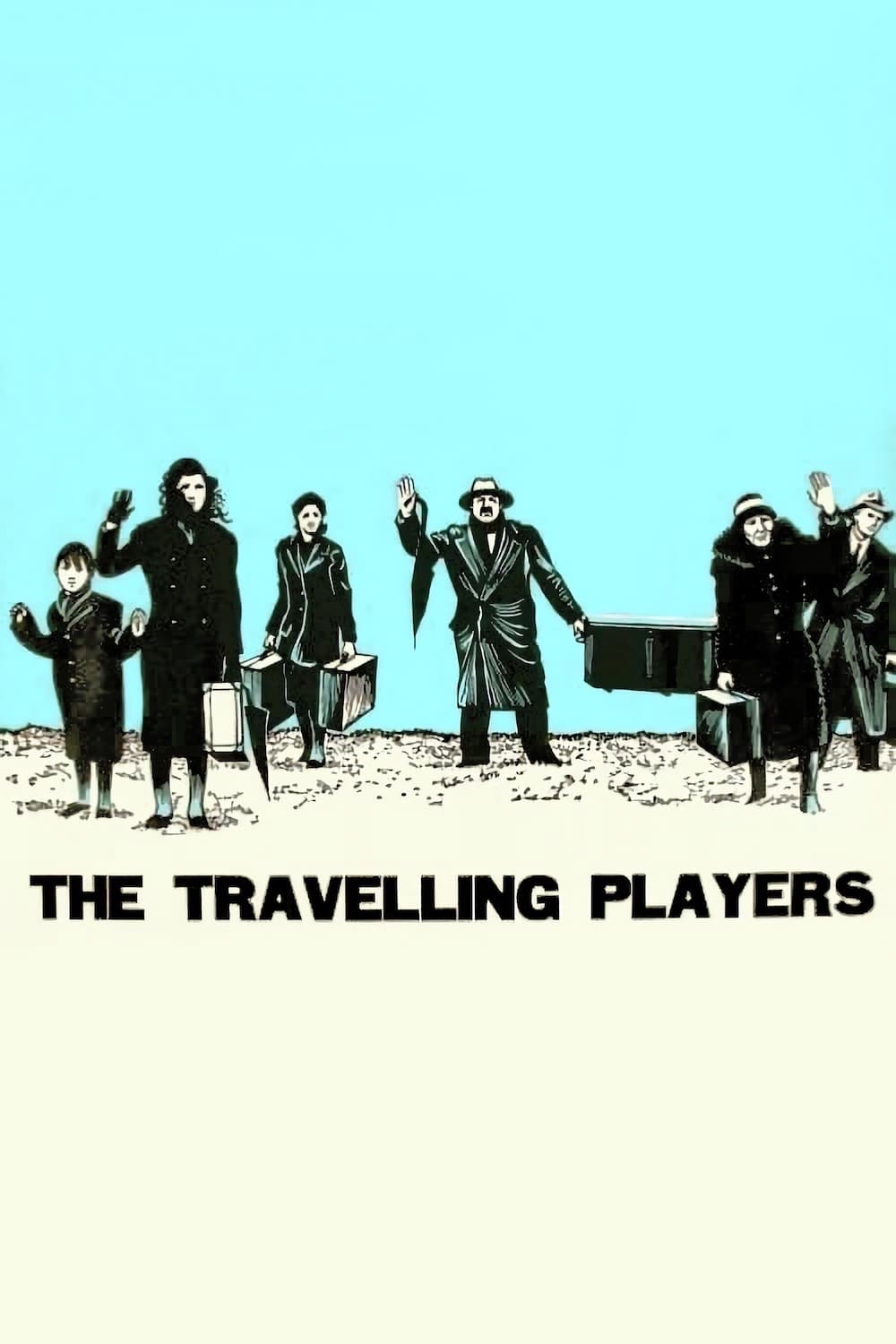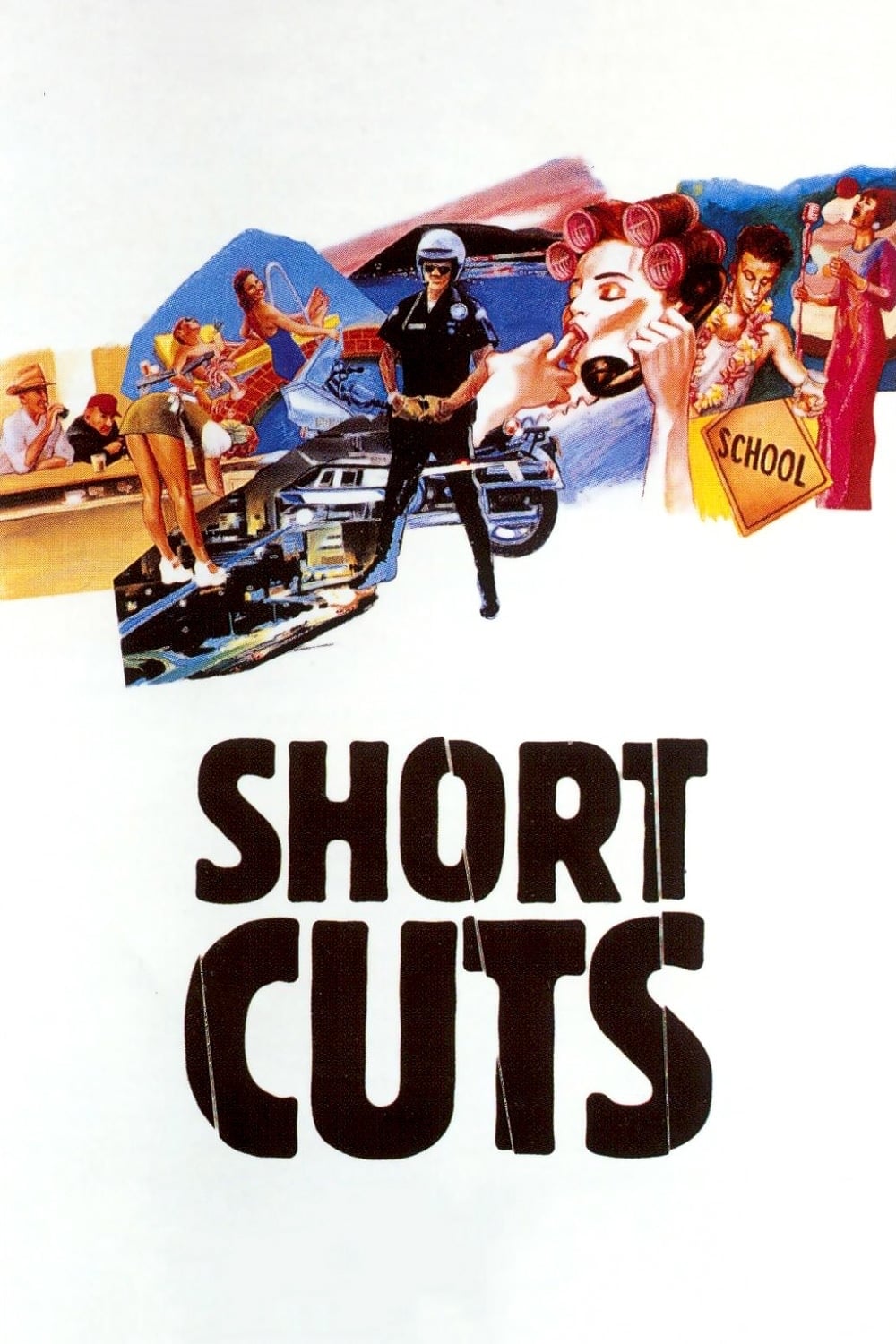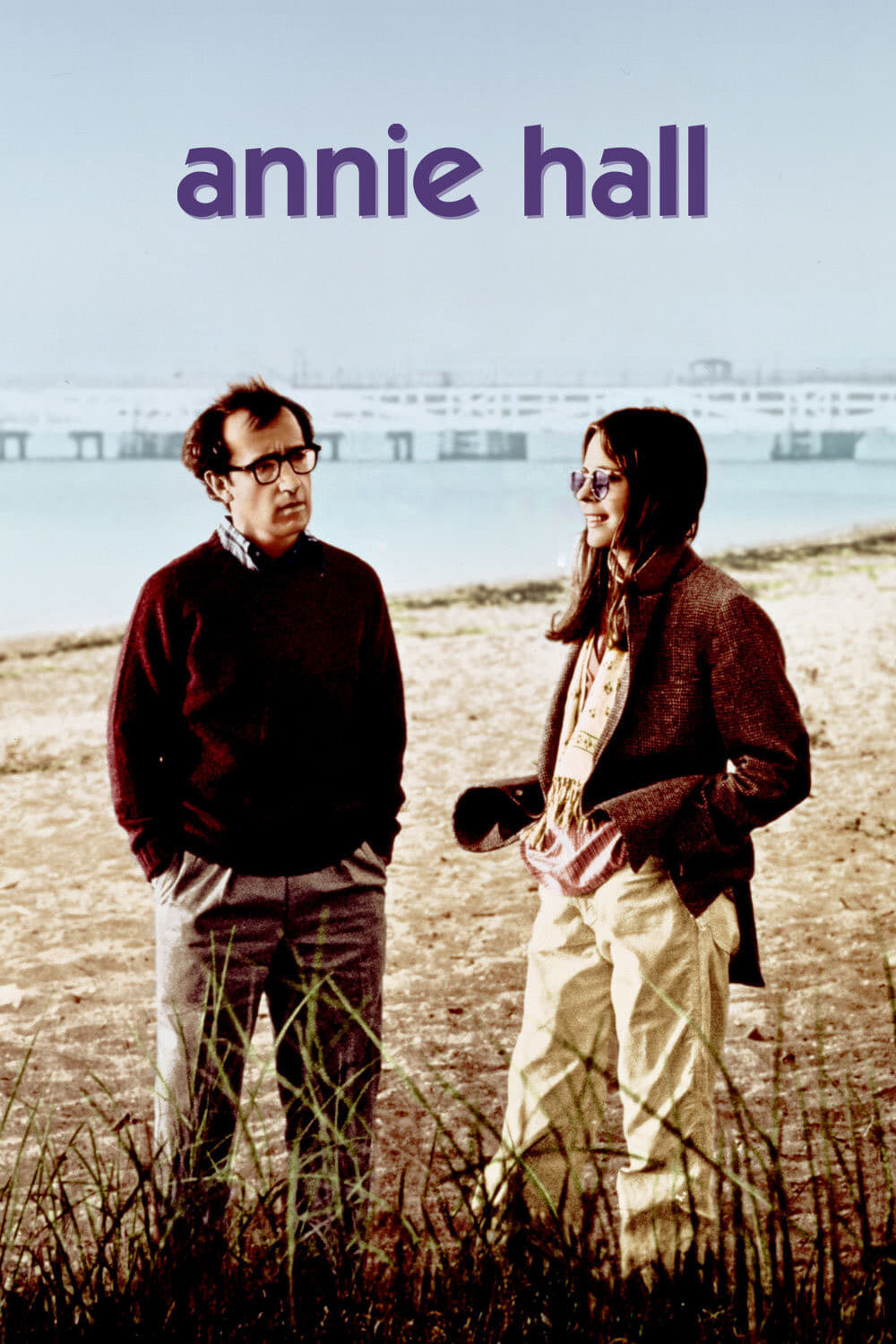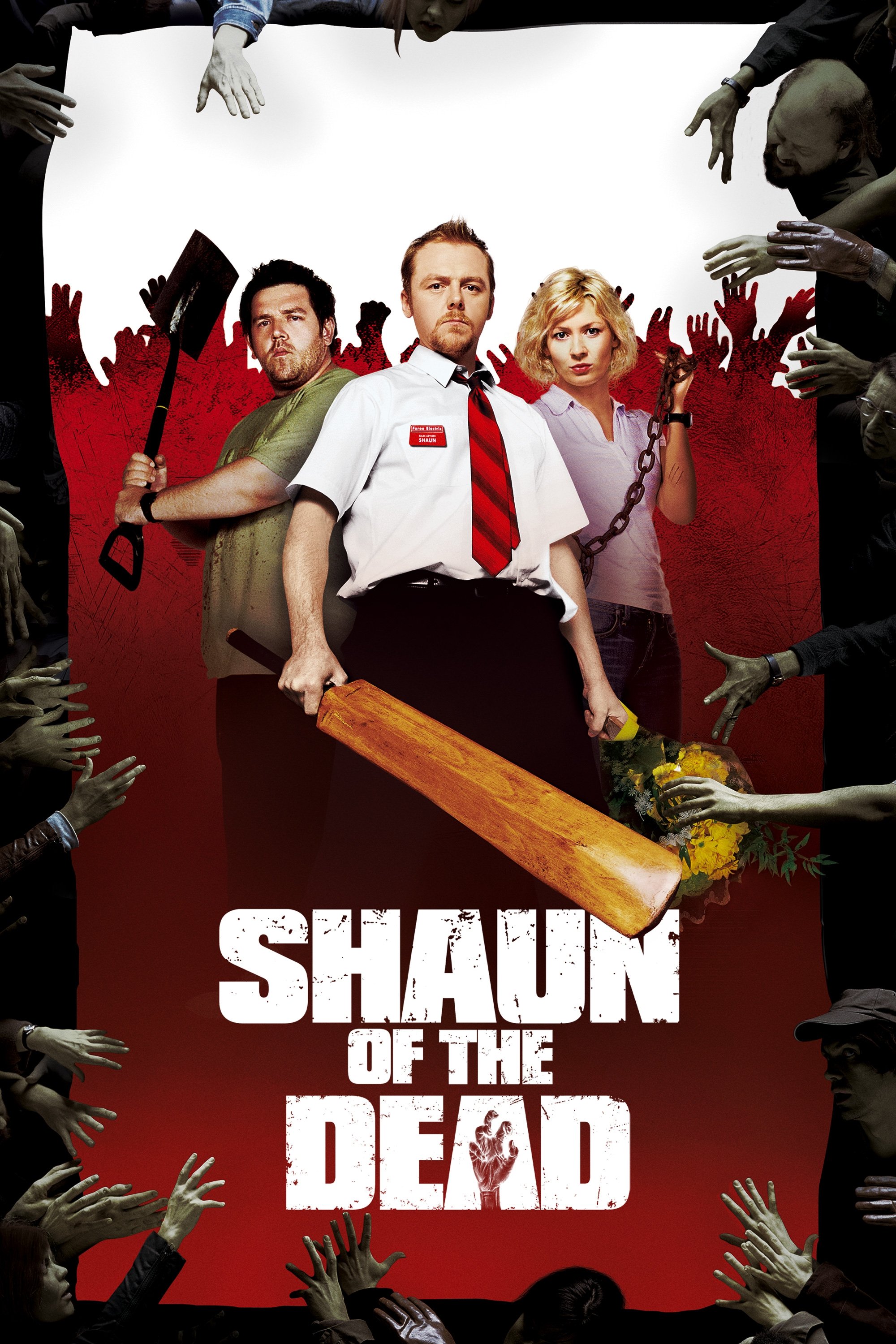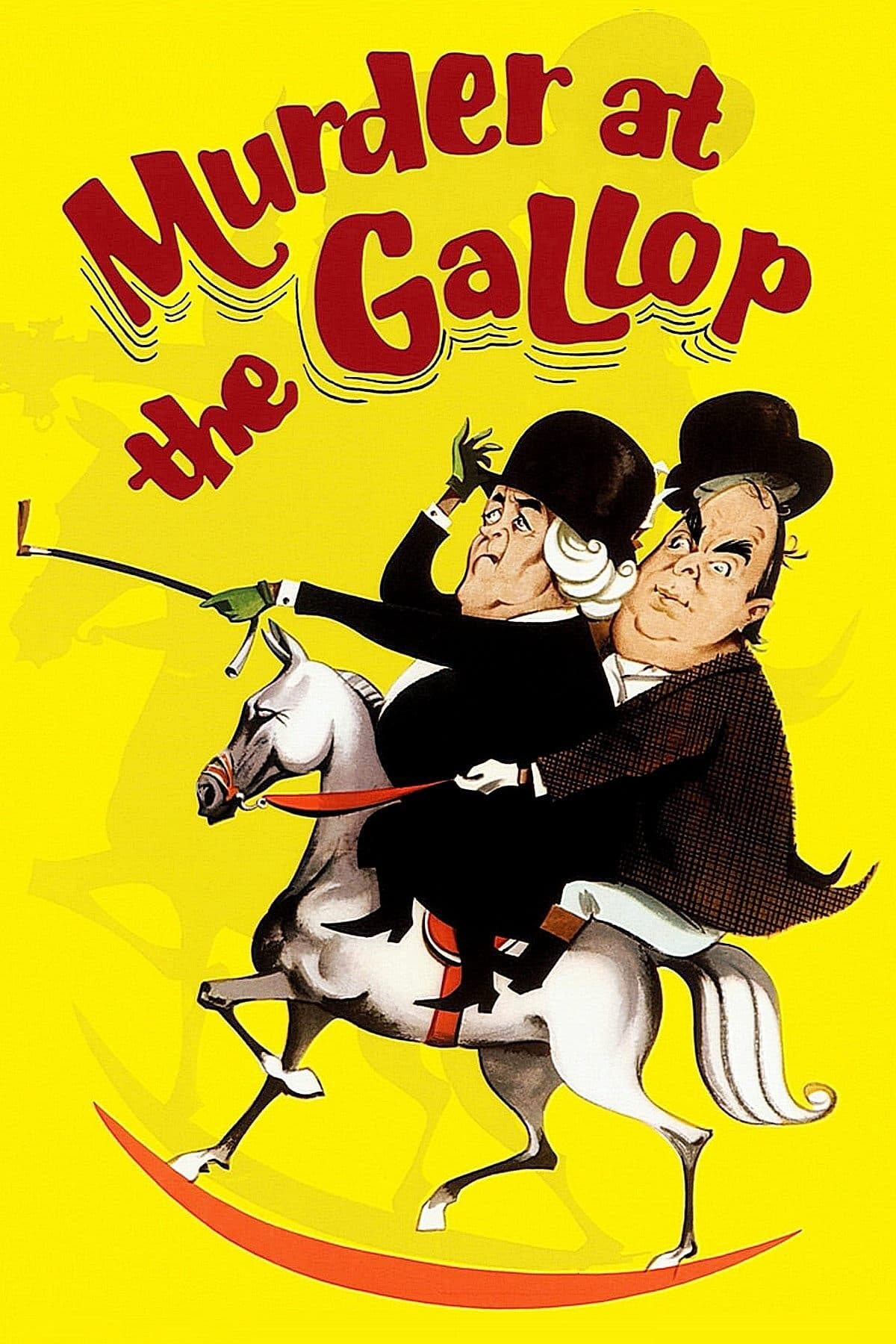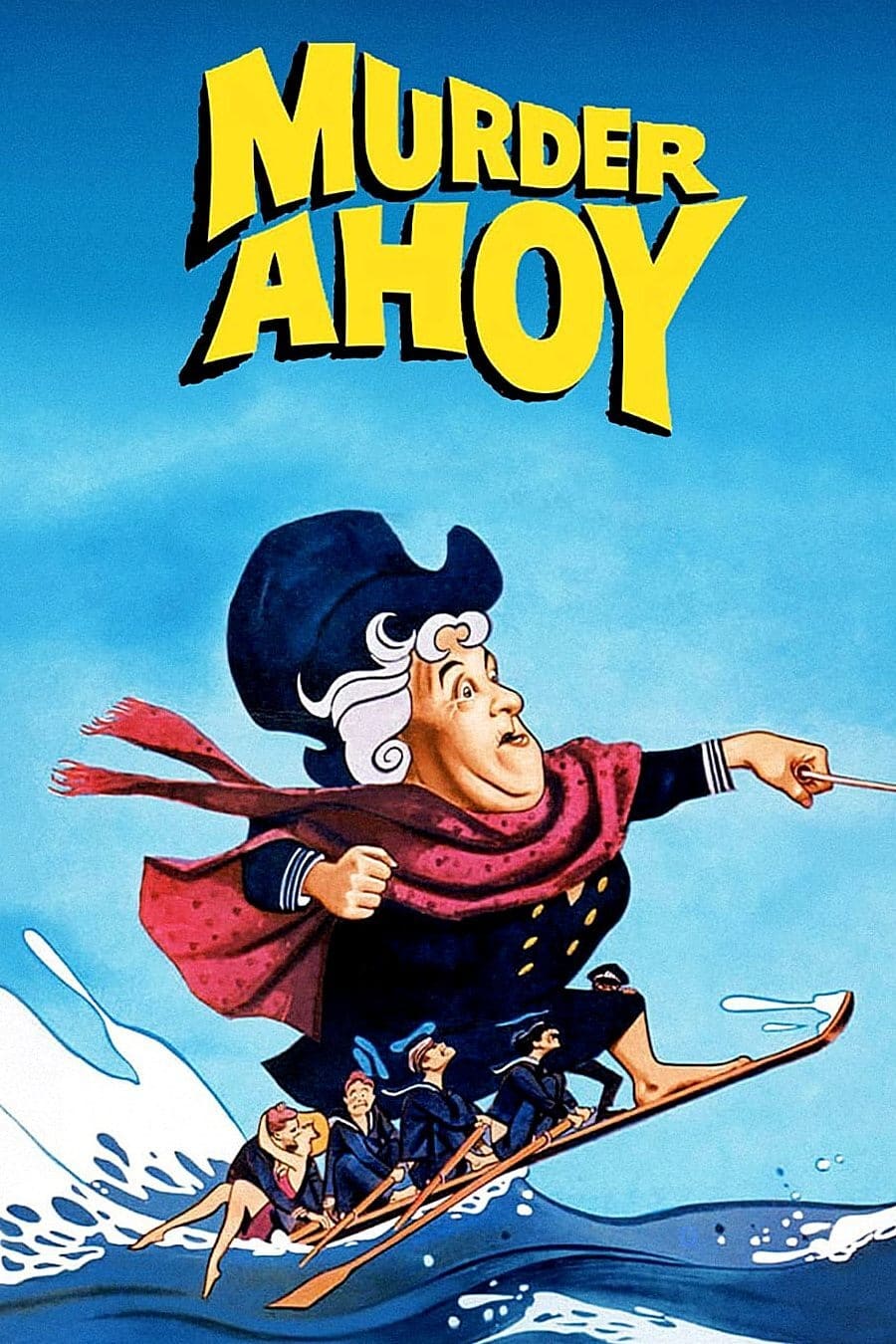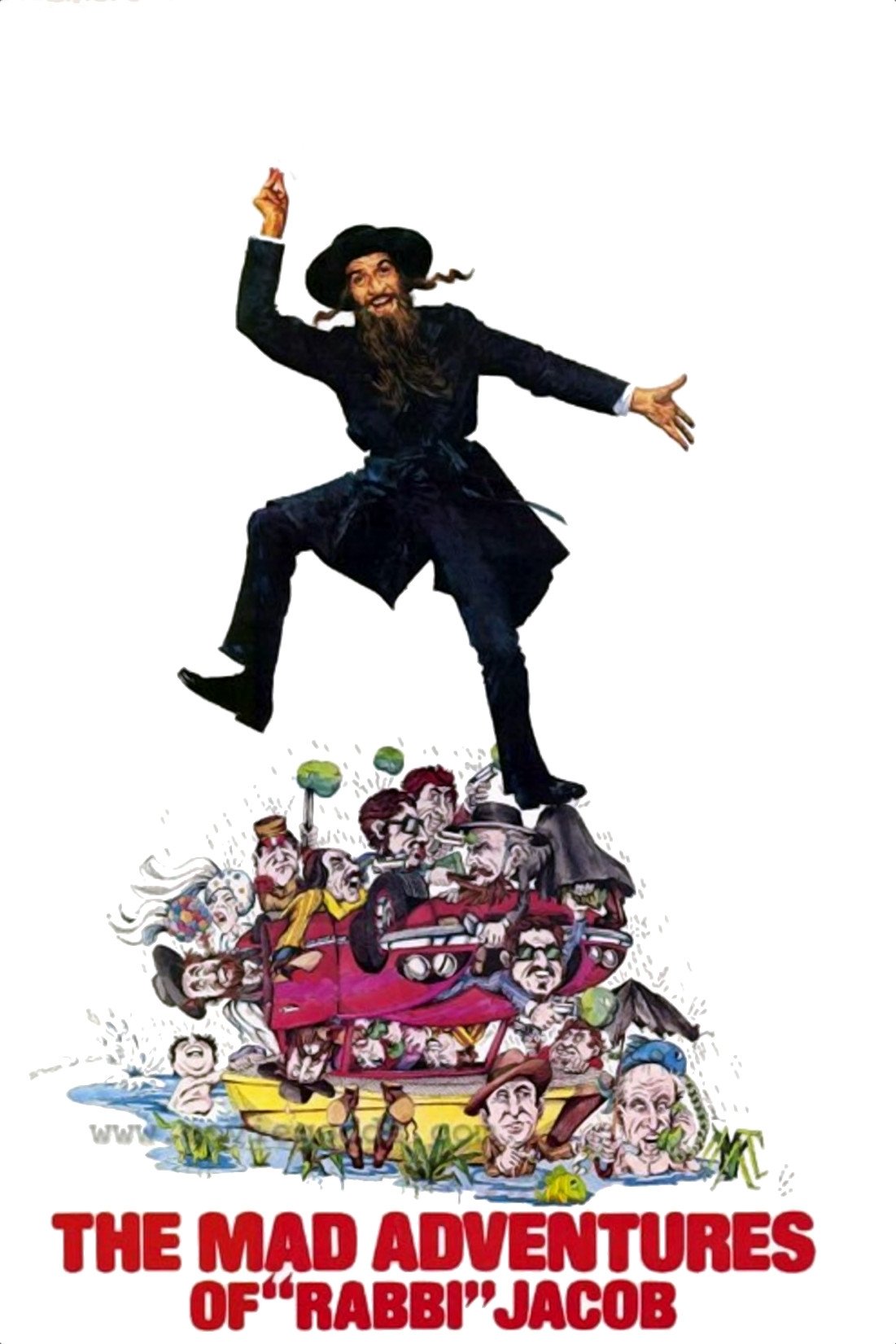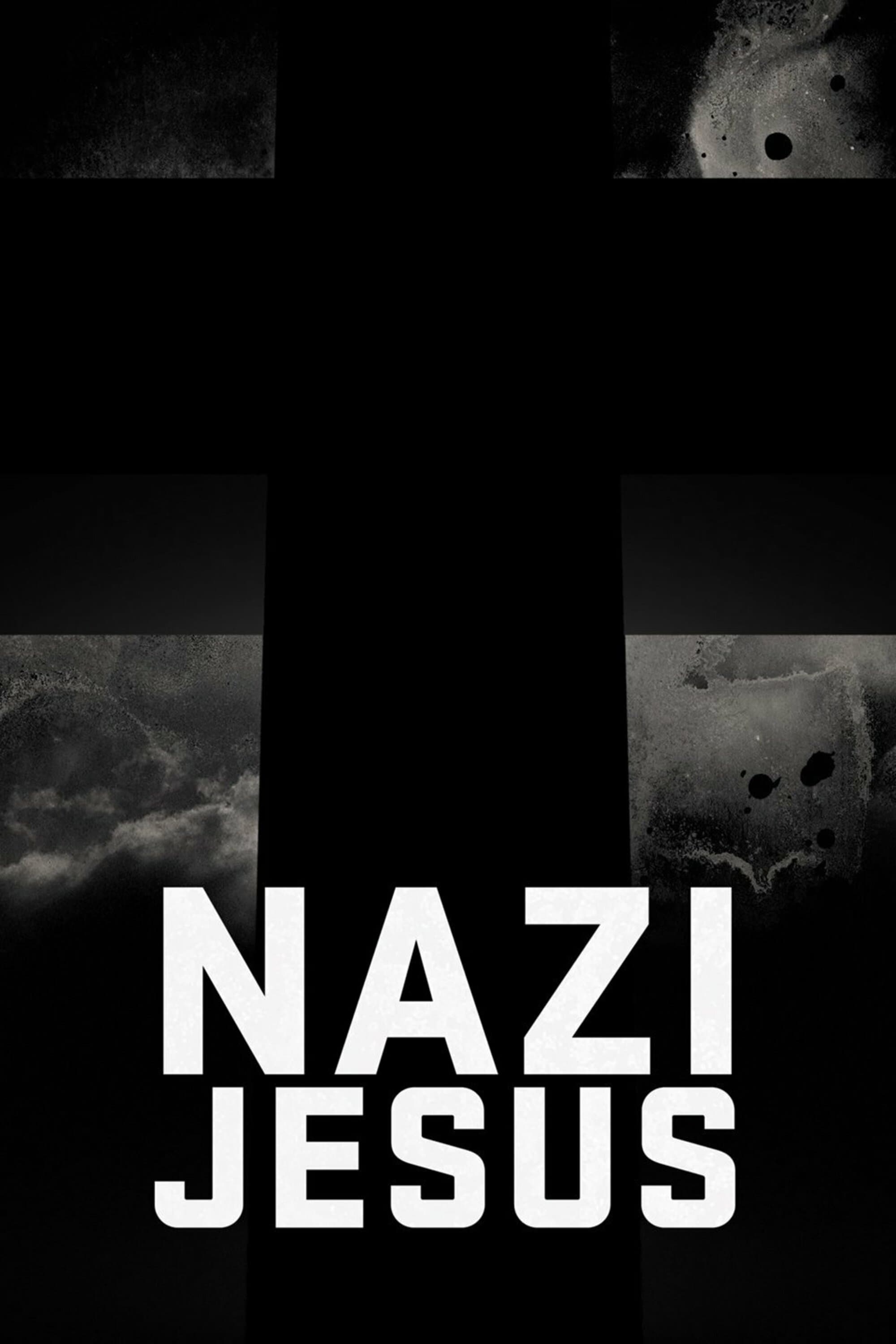Status
Released
original language
English
Budget
$ 2000000
Revenue
$ 11000000
Top Billed Cast
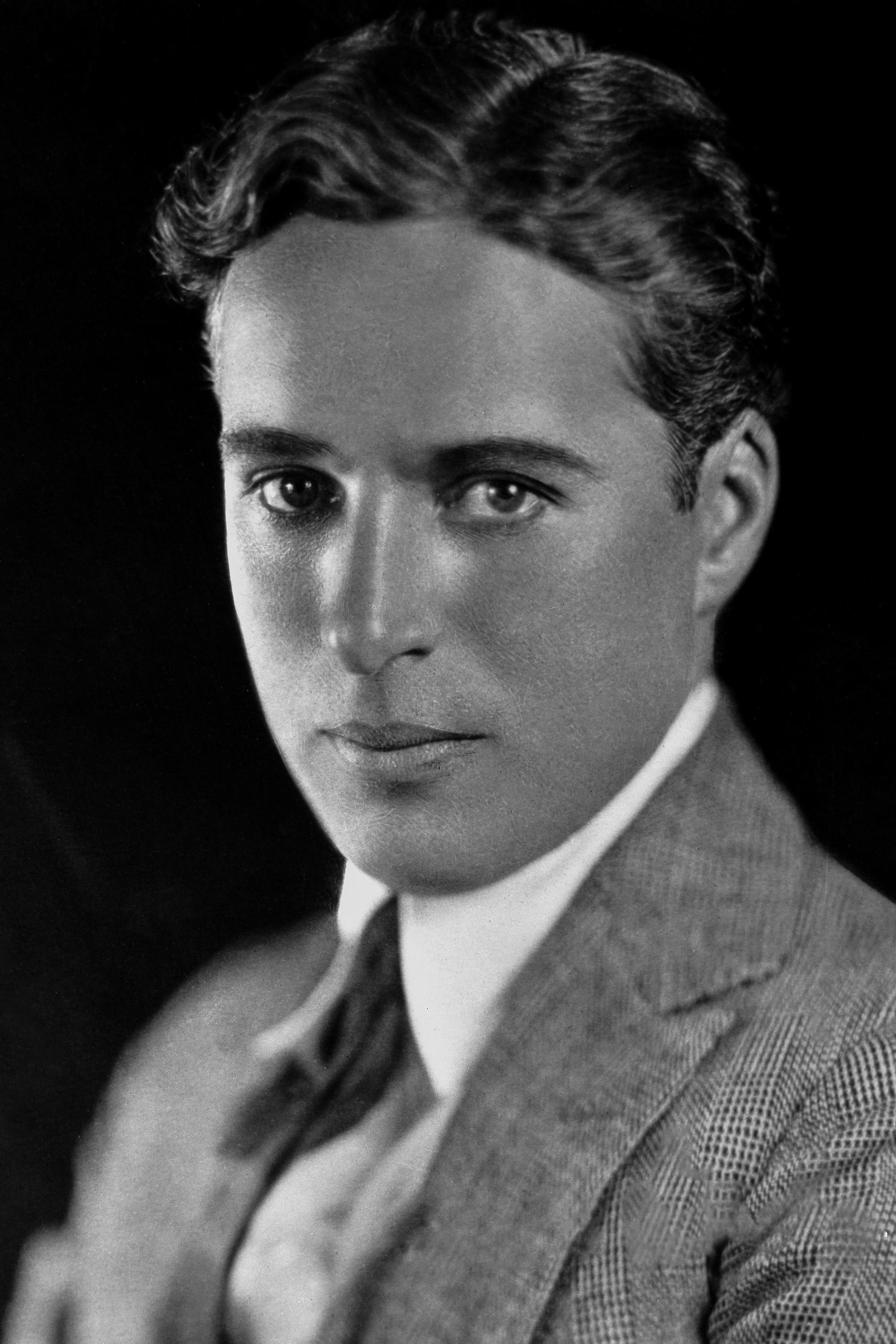
Charlie Chaplin
Adenoid Hynkel, Dictator of Tomania / A Jewish Barber
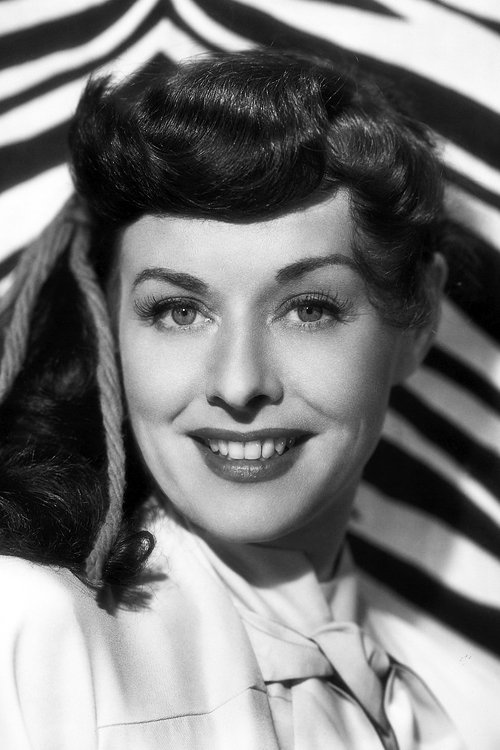
Paulette Goddard
Hannah
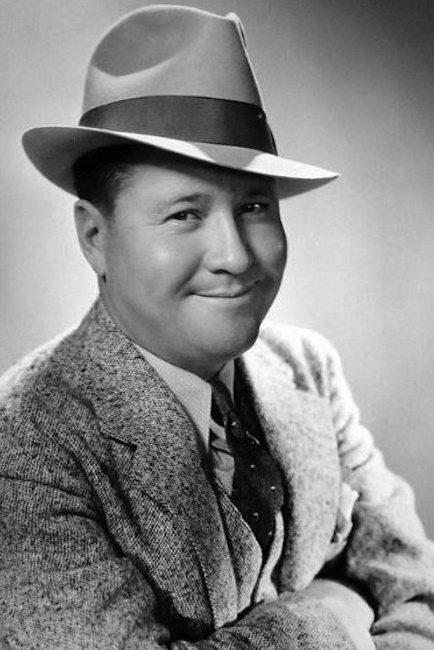
Jack Oakie
Benzino Napaloni, Dictator of Bacteria
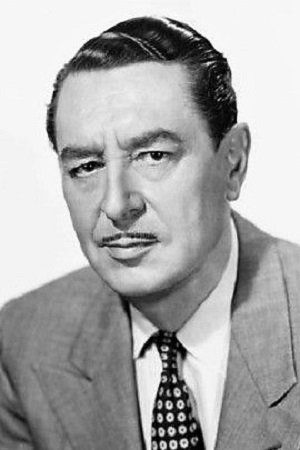
Reginald Gardiner
Commander Schultz
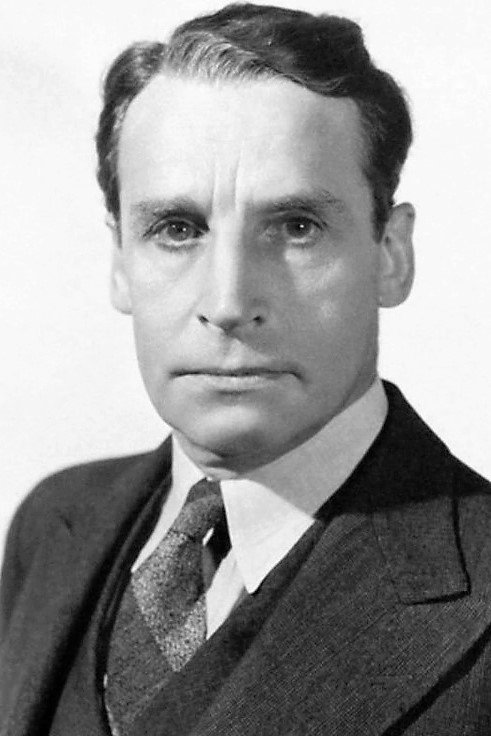
Henry Daniell
Garbitsch
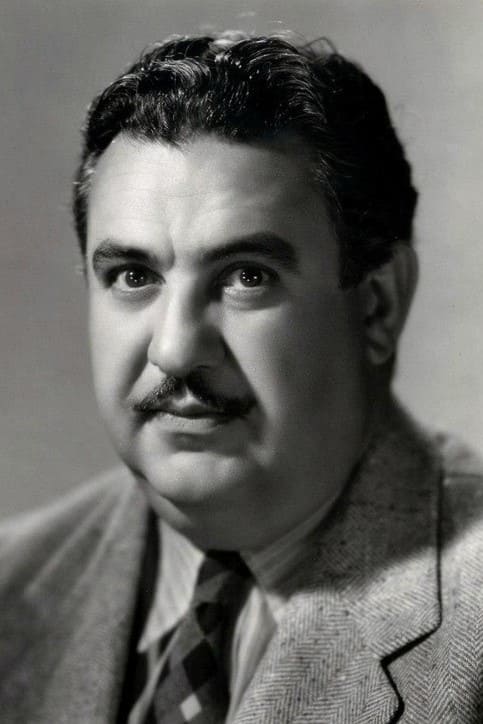
Billy Gilbert
Field Marshal Herring
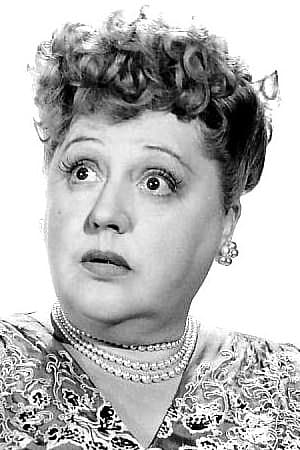
Grace Hayle
Madame Napaloni

Carter DeHaven
Spook
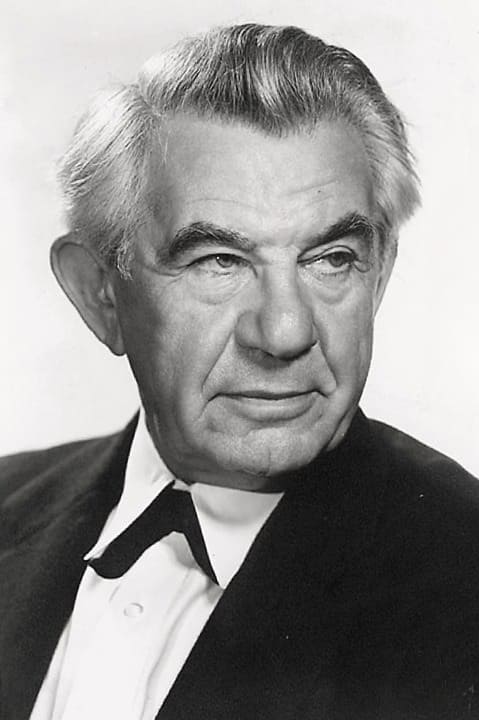
Maurice Moscovitch
Mr. Jaeckel
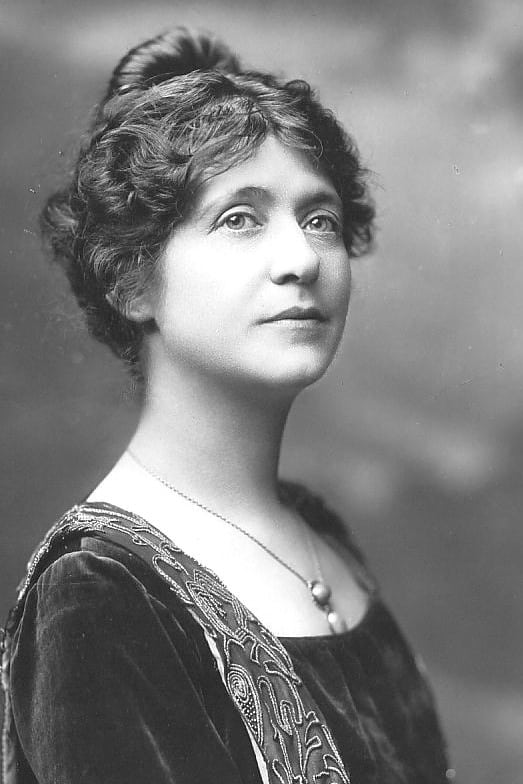
Emma Dunn
Mrs. Jaeckel
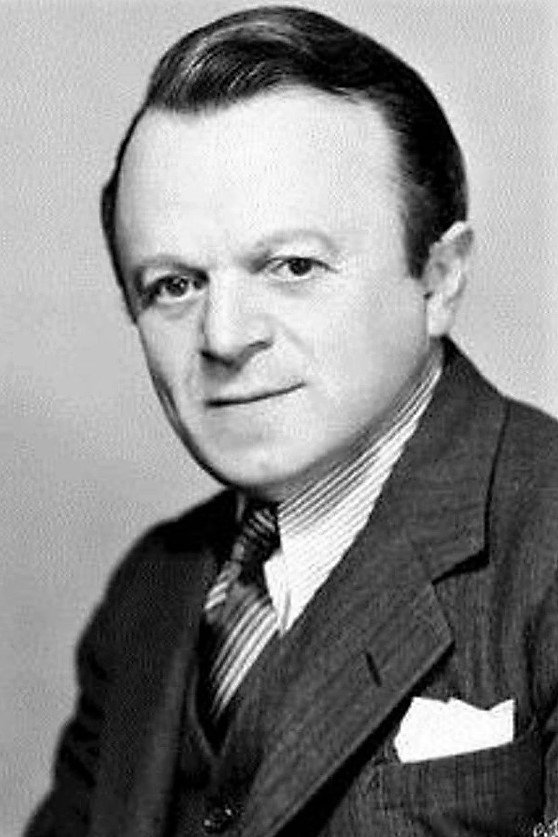
Bernard Gorcey
Mr. Mann
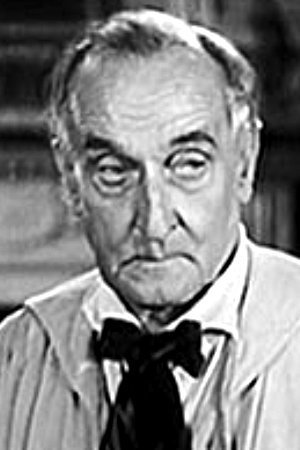
Paul Weigel
Mr. Agar
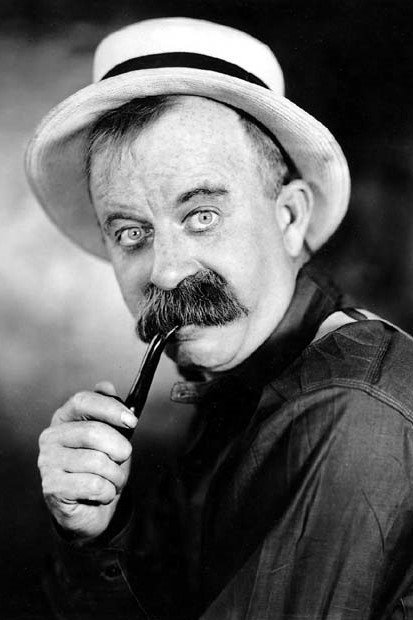
Chester Conklin
Barber's Customer

Esther Michelson
Jewish Woman
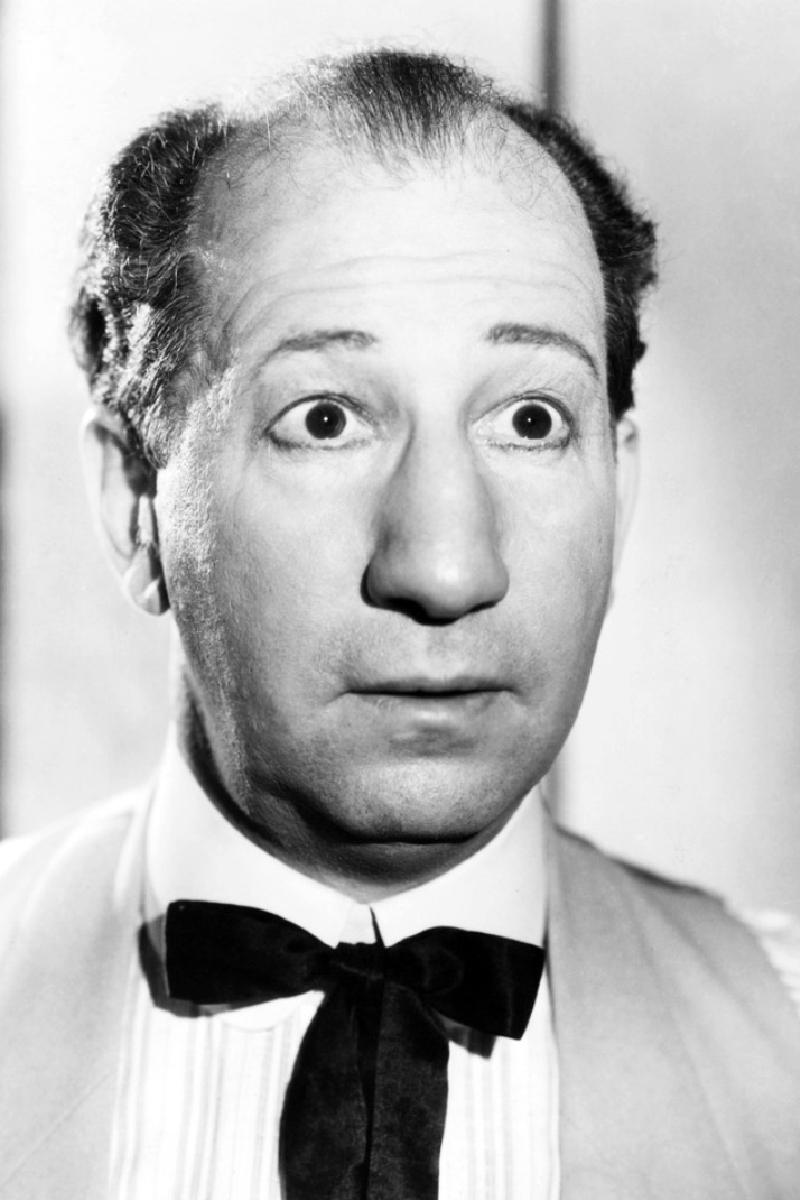
Hank Mann
Storm Trooper Stealing Fruit
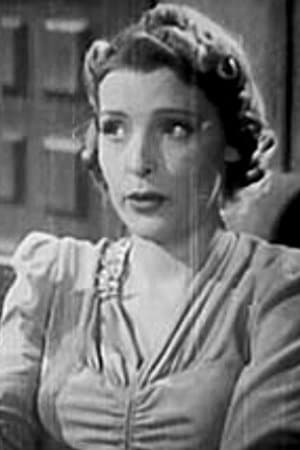
Florence Wright
Blonde Secretary
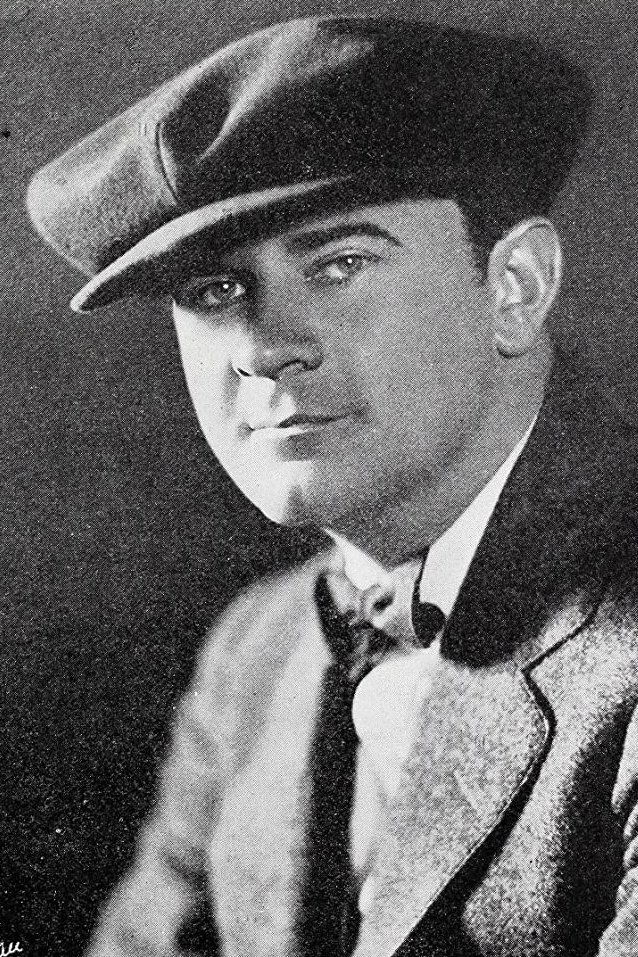
Eddie Gribbon
Tomanian Storm Trooper
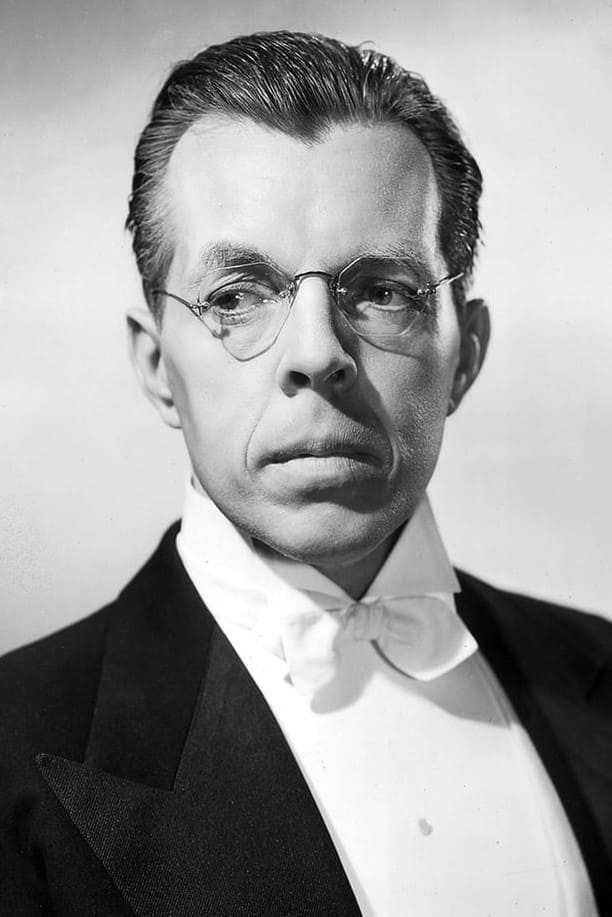
Rudolph Anders
Tomanian Commandant at Osterlich / Robert O. Davis
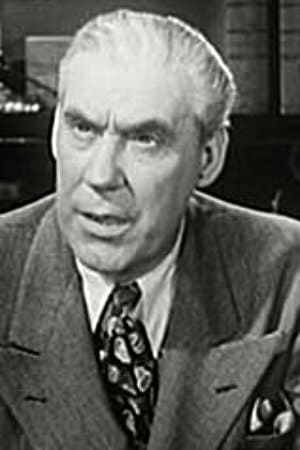
Eddie Dunn
Whitewashed Storm Trooper

Nita Pike
Secretary
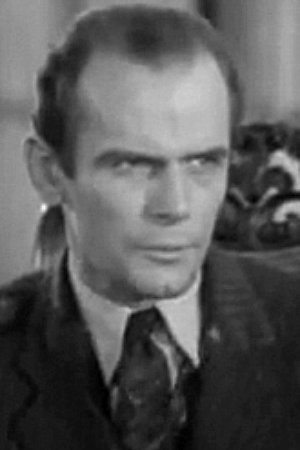
George Lynn
Commander of Storm Troopers
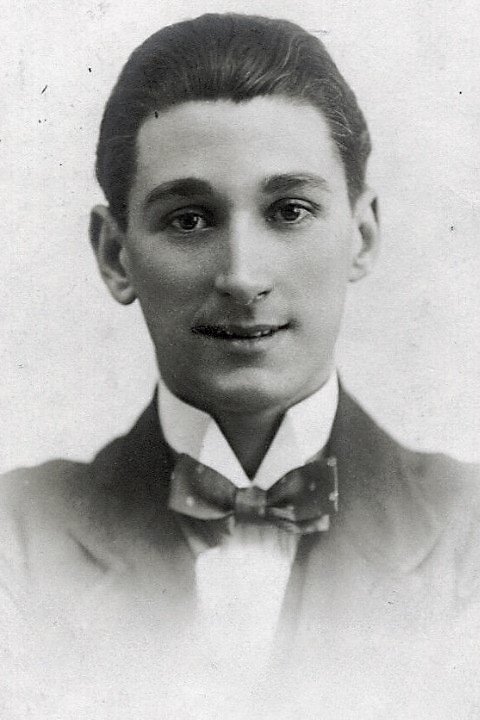
Wheeler Dryden
Heinrich Schtick / Translator (voice)
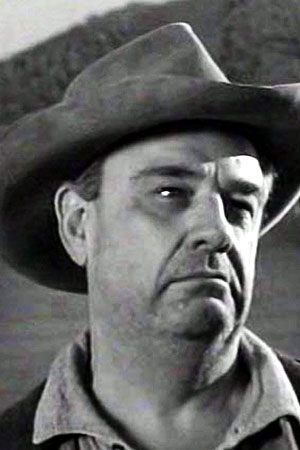
Fred Aldrich
Soldier (uncredited)
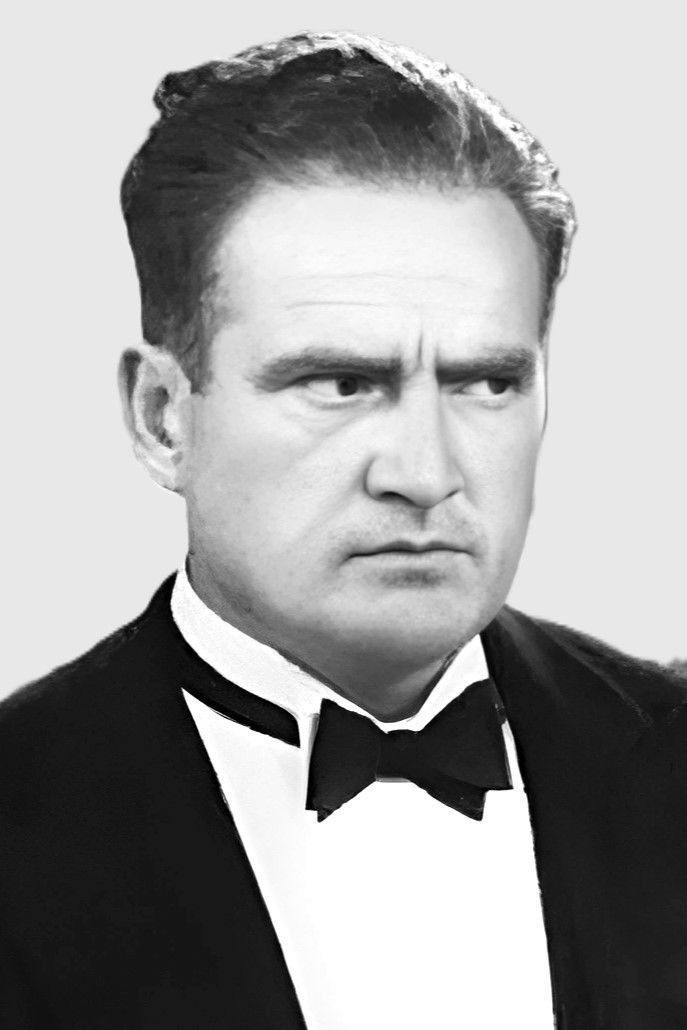
Richard Alexander
Tomainian Prison Guard in 1918 (uncredited)
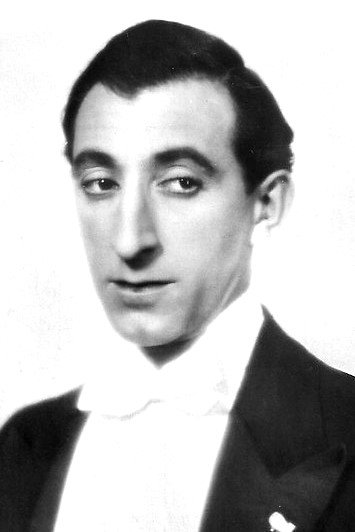
Sig Arno
Compact Parachute Inventor (uncredited)

William Arnold
Tomanian Officer (uncredited)

Joe Bordeaux
Ghetto Extra (uncredited)
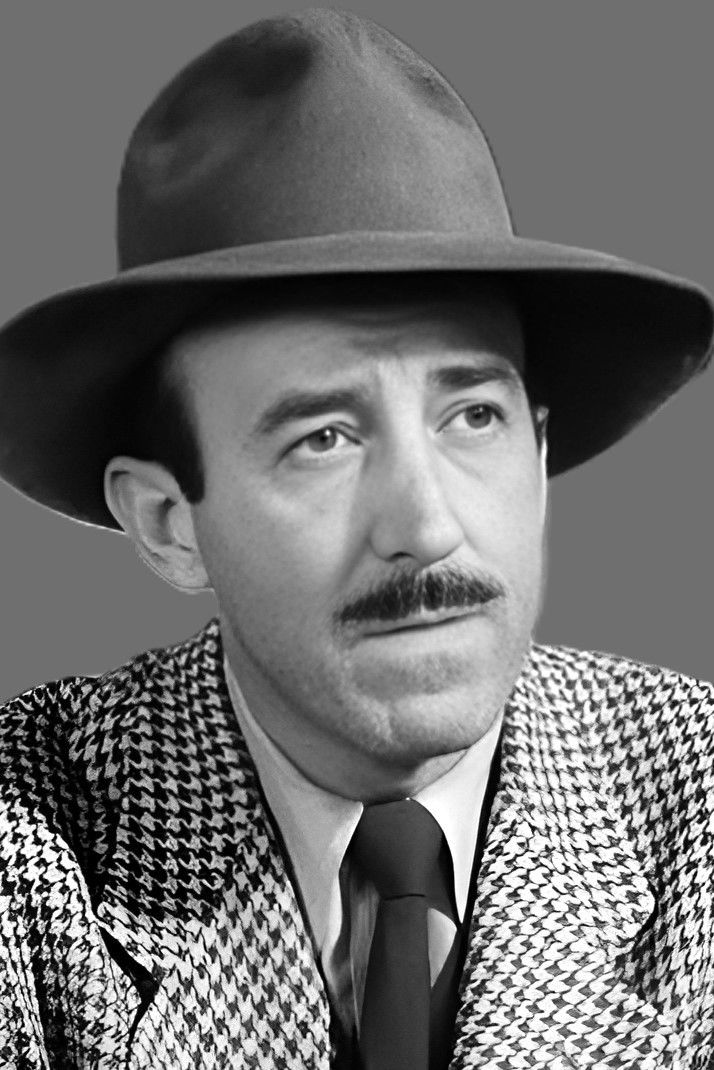
Don Brodie
Reporter from International Press (uncredited)
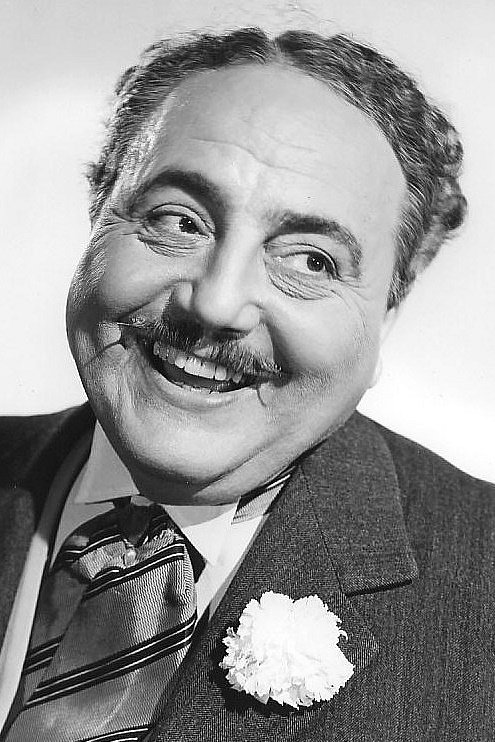
Gino Corrado
Sculptor (uncredited)
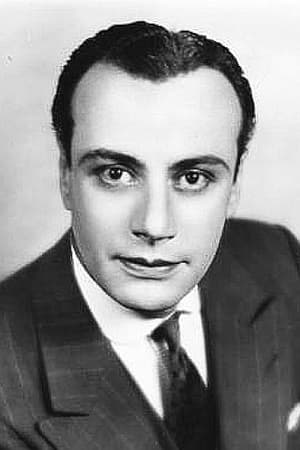
John Davidson
Hospital Superintendent (uncredited)
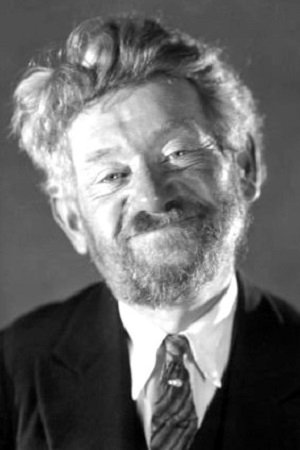
Max Davidson
Jewish Man (uncredited)

Lew Davis
Hospital Orderly (uncredited)
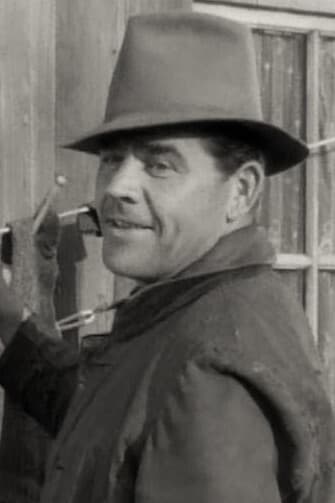
Pat Flaherty
Friendly Storm Trooper (uncredited)

Bud Geary
Storm Trooper (uncredited)

Sam Harris
Officer (uncredited)

Eddie Hart
Policeman (uncredited)
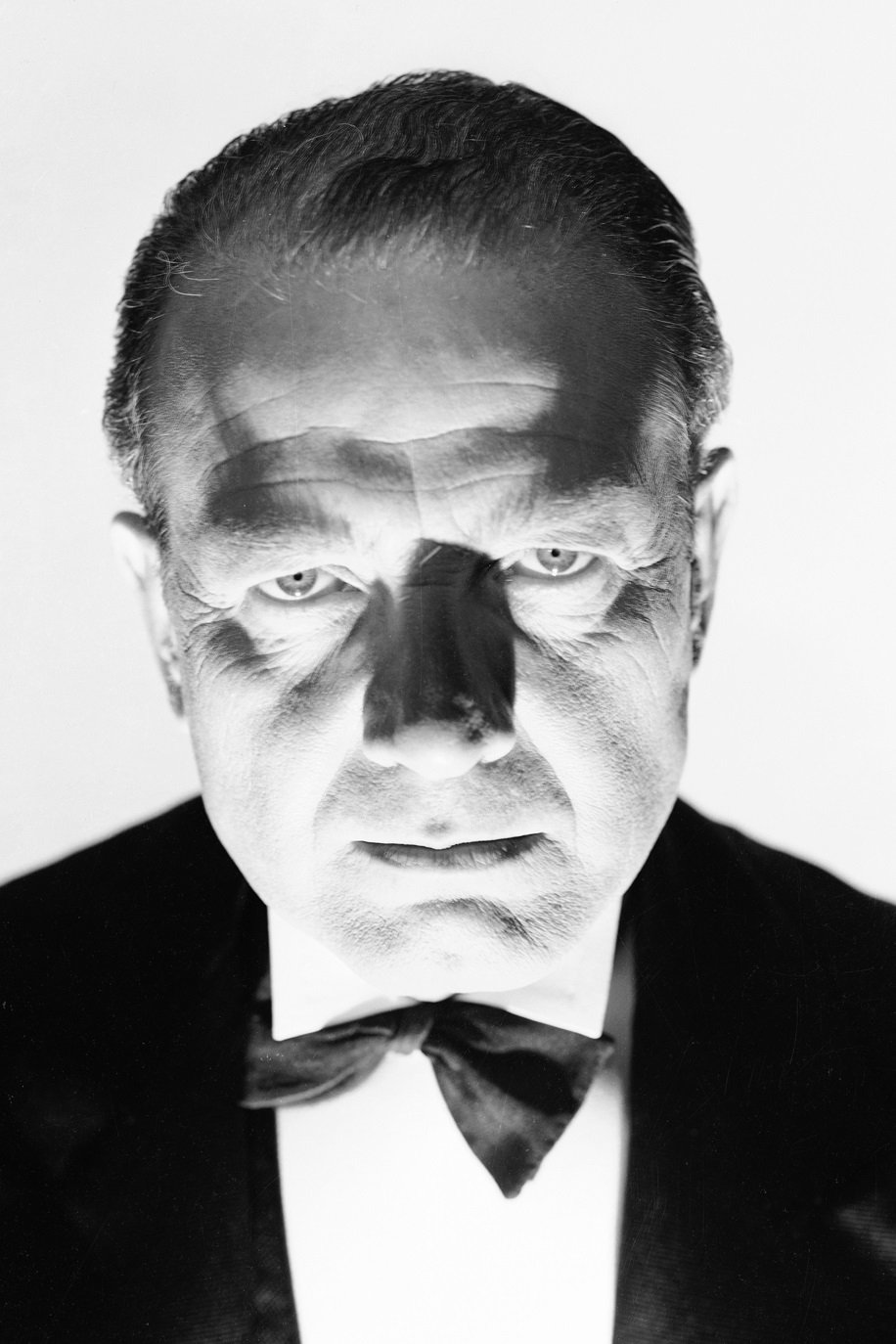
Leyland Hodgson
Big Bertha Gunnery Officer (uncredited)
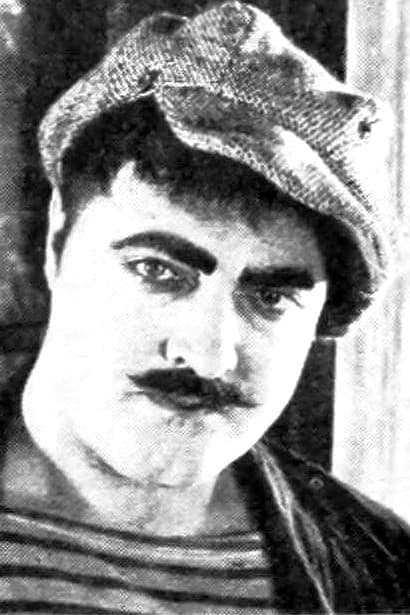
William Irving
Man Seated on Bed (uncredited)

Charles Irwin
Banquet Butler (uncredited)
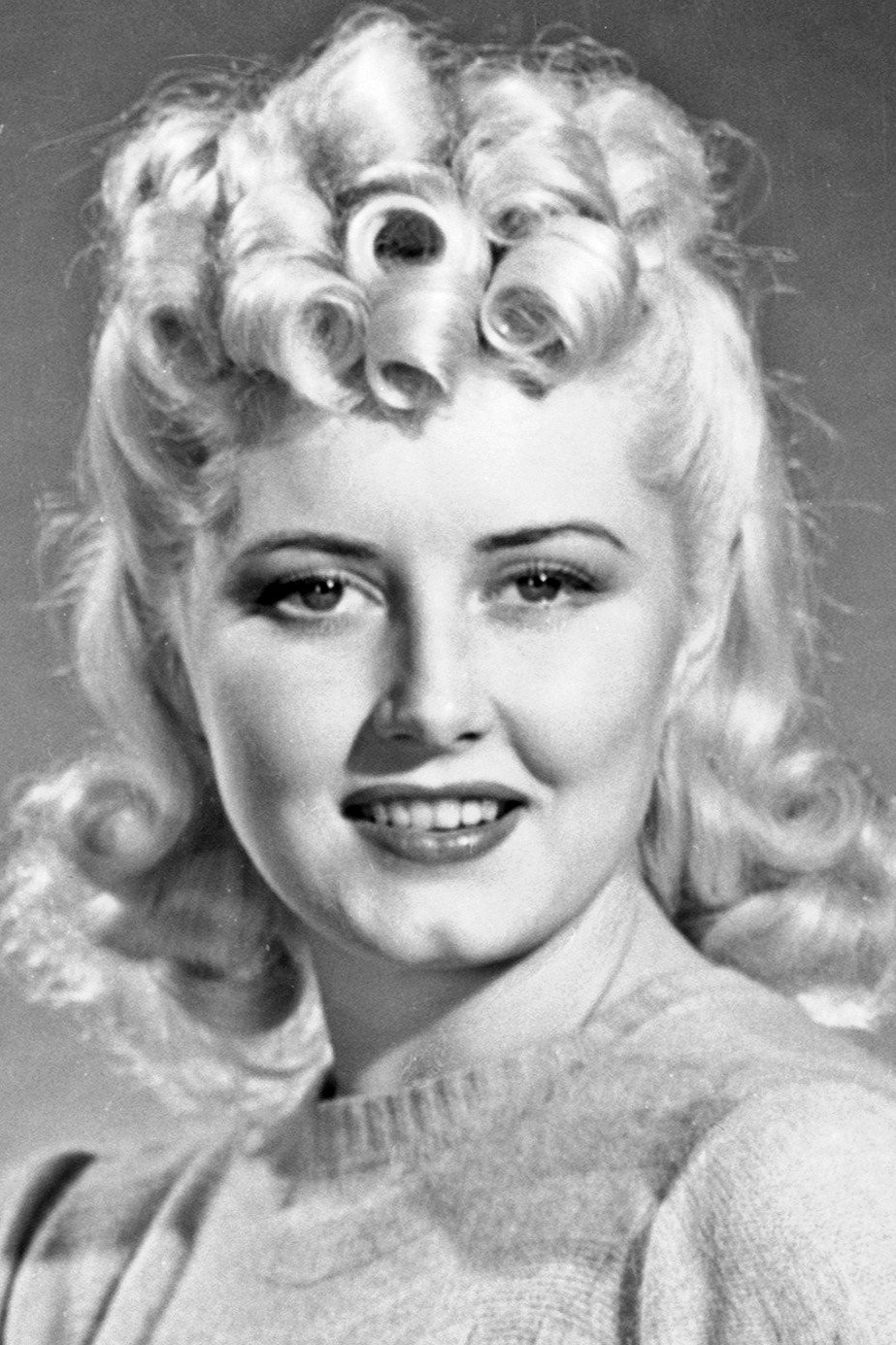
Ethelreda Leopold
Blonde Secretary (uncredited)

Torben Meyer
Bald Barbershop Customer (uncredited)

Bert Moorhouse
Hynkel's Staff Officer (uncredited)
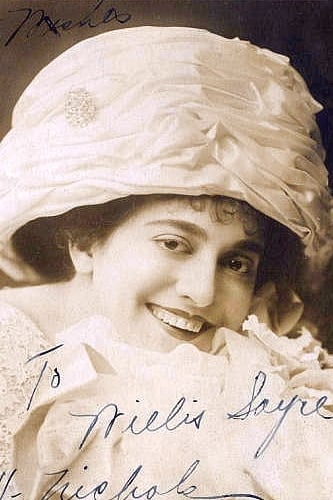
Nellie V. Nichols
Jewish Woman (uncredited)
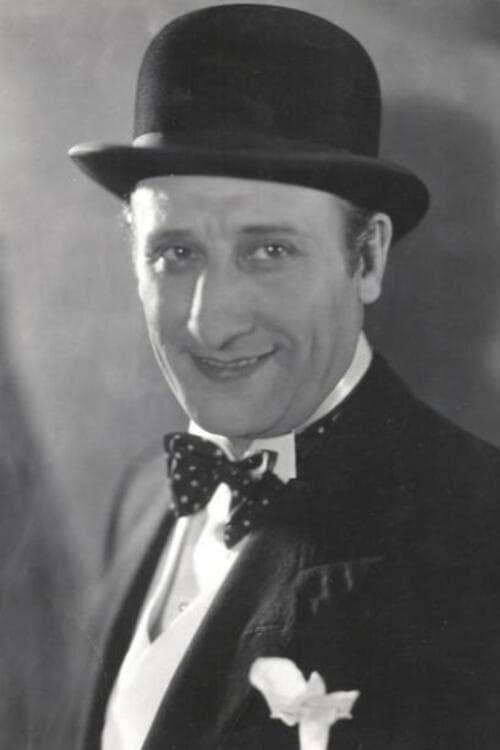
Manuel París
Dance Extra at Ball (uncredited)
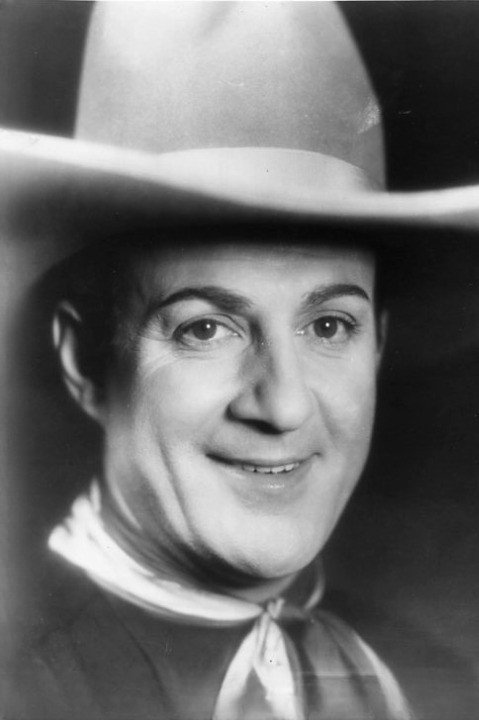
Jack Perrin
Jewish Man (uncredited)
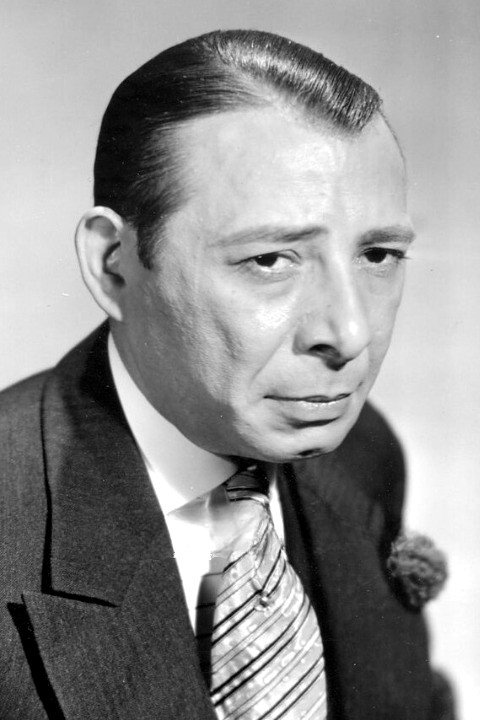
Lucien Prival
Storm Trooper Officer (uncredited)
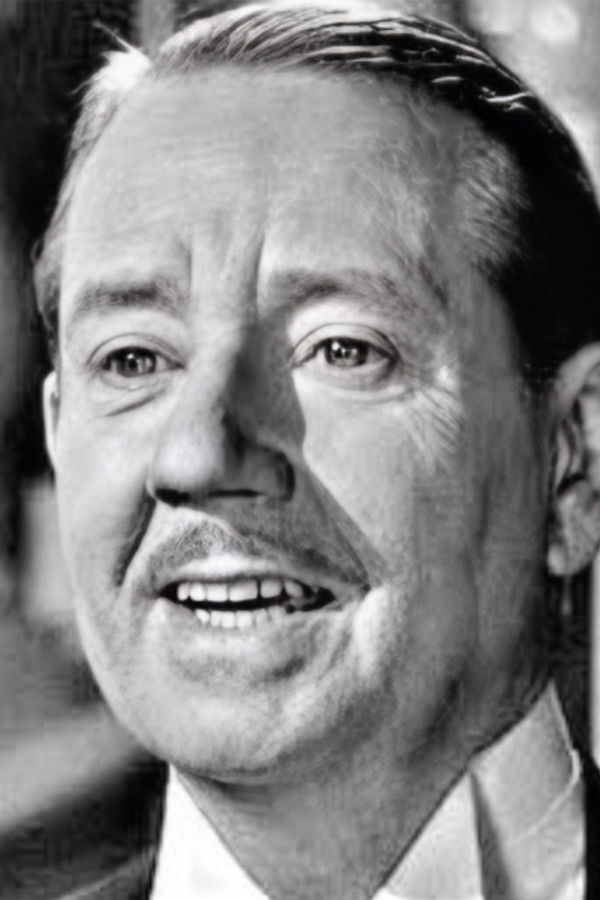
Cyril Ring
Officer Extra (uncredited)

Henry Roquemore
Soldier (uncredited)
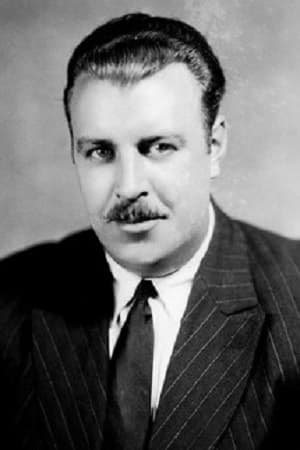
Tiny Sandford
Soldier in 1918 Tomainia (uncredited)

Hans Schumm
Soldier (uncredited)
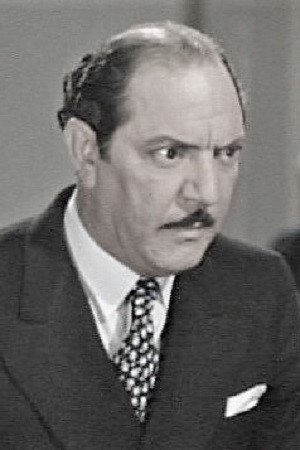
Harry Semels
Jewish Fruit Stand Proprietor (uncredited)
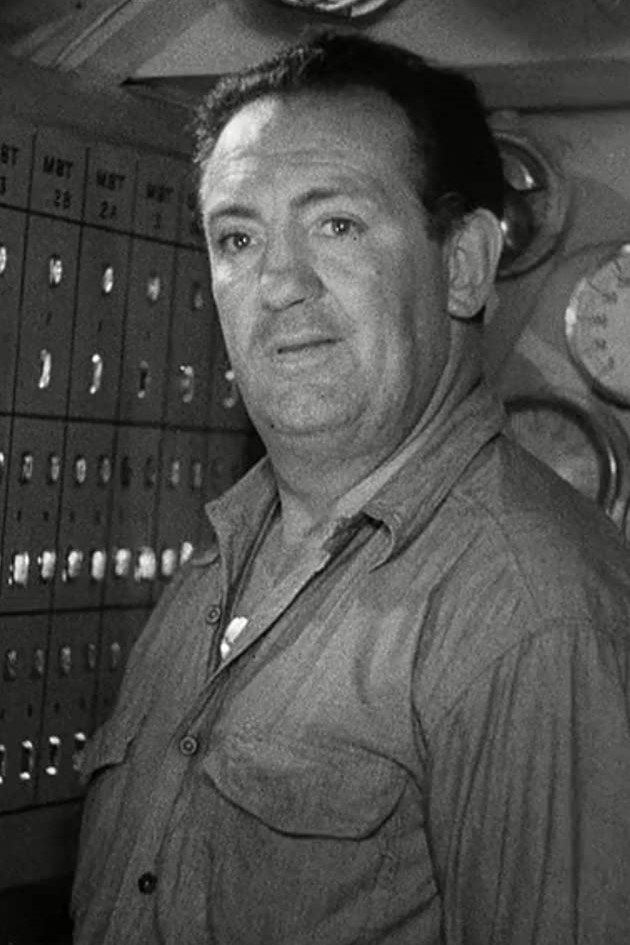
Charles Sullivan
Prison Guard (uncredited)

Carl Voss
Officer (uncredited)
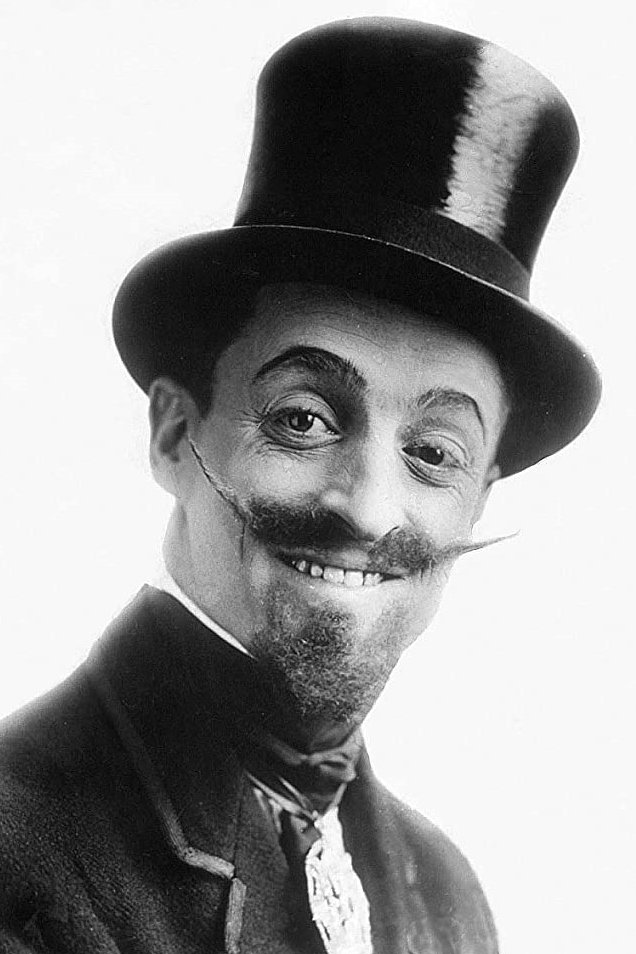
Leo White
Hynkel's Barber (uncredited)
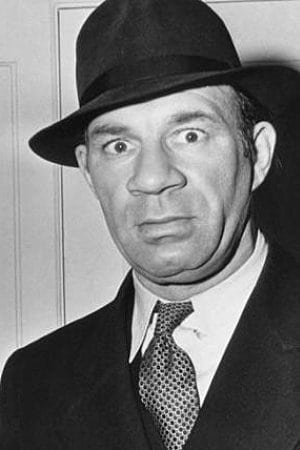
Harry Wilson
Soldier in Field (uncredited)
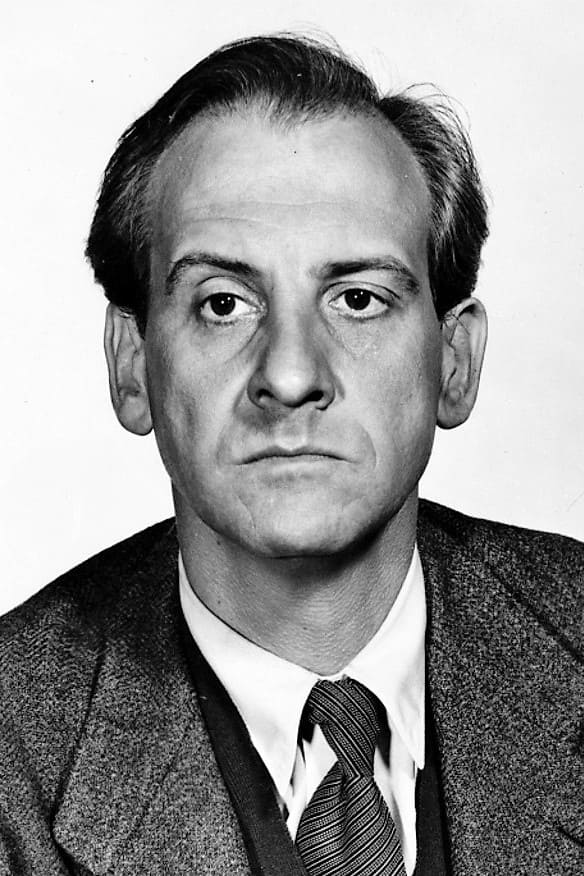
Hans Conried
Undetermined Role (uncredited)

Francis Ernest Drake
Storm Trooper (uncredited)

Francesca Santoro
Aggie (uncredited)

Leonard Walker
Conductor (uncredited)

Finn Zirzow
Soldier (uncredited)

Wyn Ritchie Evans
Woman in Crowd (uncredited)

James Carlisle
Ball Guest (uncredited)

Oliver Cross
Ball Guest (uncredited)

Herschel Graham
Soldier (uncredited)
Movie Reviews
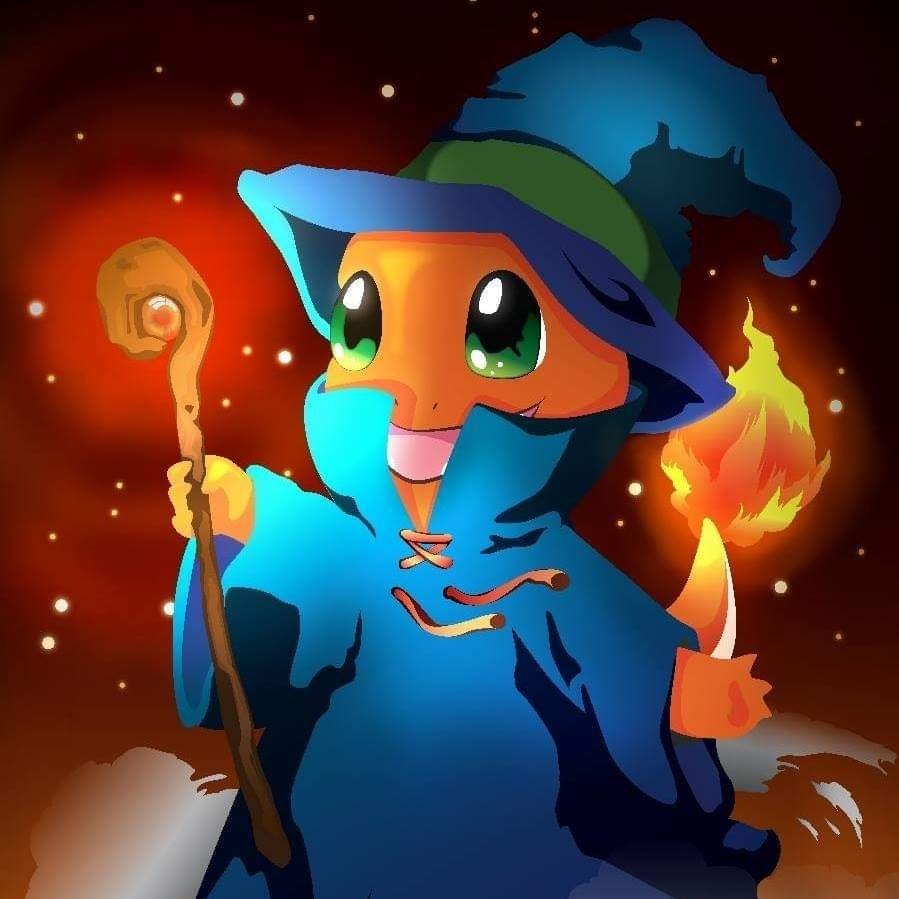
A review by wizzardss
Written by wizzardss on 2021-02-18
In September 1939, six days after Britain declared war on Nazi Germany, Charlie Chaplin began filming his next feature. Drawing on the public perception of the similarities between himself and Adolf Hitler - not just his toothbrush moustache but also their upbringings - Chaplin sought to directly parody and attack the German führer and fascism. In _The Great Dictator_, Adenoid Hynkel (Chaplin) rules Tomania and sets about his conquest of the world. In doing so, he persecutes Jewish people, including a former veteran of World War I who is now a barber (also Chaplin). Unsurprisingly, the film was a hit on release, resonating well with the anti-Nazi sentiment in both American and British public. Chaplin understood that delivering his political message was so important that he forewent his usual desire for a silent film in order to get his message across. Sound is used to great effect in _The Great Dictator_. By studying many of Hitler's speeches, Chaplin was able to create a ludicrous, yet believable, gibberish parody of the Nazi leader's oratory style. Of course, the physical comedy remains, typically reserved for the barber (who may or may not be Chaplin's silent hero, The Tramp). This combination of physical comedy and irreverent one liners together makes the film feel like a very early Carry On. While _The Great Dictator_ remains arguably Chaplin's best "talkie", it often feels like it is the end of Chaplin's era of classical pantomime. People being hit on the head with a saucepan comes across as a cheap laugh and it is often the verbal jokes that are the cleverest. Overall the comedy has not aged well. But _The Great Dictator_ was never designed for longevity. It was perfect propaganda for the Allies, released at a perfect point in the War. For that reason, The Great Dictator can only be judged in the context of its release.

